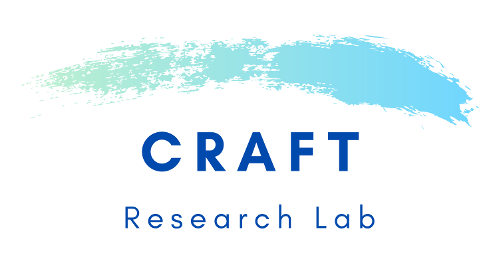Sense & Sensibility: Modelling human deliberation and decision-making
Loïs Vanhée, Umeå University, Sweden
Melania Borit, UiT the Arctic University of Norway
Timo Szczepanska, UiT the Arctic University of Norway
Carole Adam, Grenoble Informatics Lab, Université Grenoble Alpes, France
Replicating human-like decisions is at the core of domains such as agent-based modelling for social simulation, affective computing, or intelligent virtual agents. To advance in this area, we need theories, models, and methods for building agents / simulations that include authentic and realistic features of human deliberation (e.g. coherence with established psychological dynamics) while fitting within the constraints and purposes set by simulation (e.g. scalability).
The current prevalent approach for modelling human decision-making (e.g. in social simulation, random draws over statistically-calibrated distributions), restricts the spectrum of possibles to phenomena that can be modelled based on relatively simplified decisions while leaving open risks for introducing psychological incoherence that can lead to wrong conclusions [1,2,3]. If we want to improve both the range of phenomena we can cover and the realism of our agents / simulations, we need to strengthen the anchoring of our models in the decisional patterns identified by psychology, cognitive sciences, social sciences, and humanities. However, the questions of how to produce such models and how to balance the extra expenses they entail (e.g. complexity, validation, computational costs) with simulation benefits (e.g. realism, explainability) remain open and are the subject of this track.
This track is open to all approaches seeking to introduce human-like realism of deliberation / decision-making within agent design and/or social simulation, which include but are not limited to:
-
- theoretical papers introducing theoretical foundations from social sciences, cognitive sciences, humanities etc. and explaining how they can be integrated within agent design / social simulation;
- modelling papers proposing and testing the suitability of social sciences/cognitive sciences/humanities-inspired models in agent design / social simulations;
- methods & engineering papers introducing support for researchers and designers about various methods (e.g. games, Cognitive Task Analysis) that are relevant when deciding upon what data to collect and how, upon what and how to implement and use human-like agent deliberation processes in modelling practices;
- survey papers reviewing models formerly produced fields such as social simulation, affective computing, games design, intelligent virtual agents and identifying their strengths and weaknesses and pathways for improvement; as well as overviews of psychology and sociology research describing relevant theories and phenomena relevant for model production;
- critique papers scrutinizing the designs and implementations of human deliberation / decision-making from perspectives such as critical theory, ethics, and impact;
- vision papers identifying areas in society and/or psychology where social simulation could achieve high impact should a specific feature of human deliberation / decision-making is available.
ESSA SIG Games & ABM
References
[1] Castelfranchi, C. (2001). The theory of social functions: challenges for computational social science and multi-agent learning. Cognitive Systems Research, 2(1), 5-38.
[2] Edmonds, Bruce. “Context in social simulation: why it can’t be wished away.” Computational and Mathematical Organization Theory 18.1 (2012): 5-21.
[3] Jensen, M., Lorig, F., Vanhée, L., & Dignum, F. (2021). Deployment and Effects of an App for Tracking and Tracing Contacts During the COVID-19 Crisis. In Social Simulation for a Crisis (pp. 167-188). Springer, Cham.

Sponsors


https://uit.no/research/craft

https://www.umu.se/en/research/projects/anxsai-anxiety-sensitive-artificial-intelligence/
